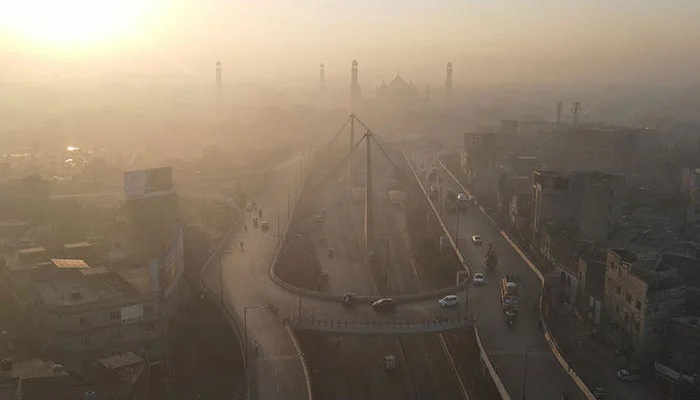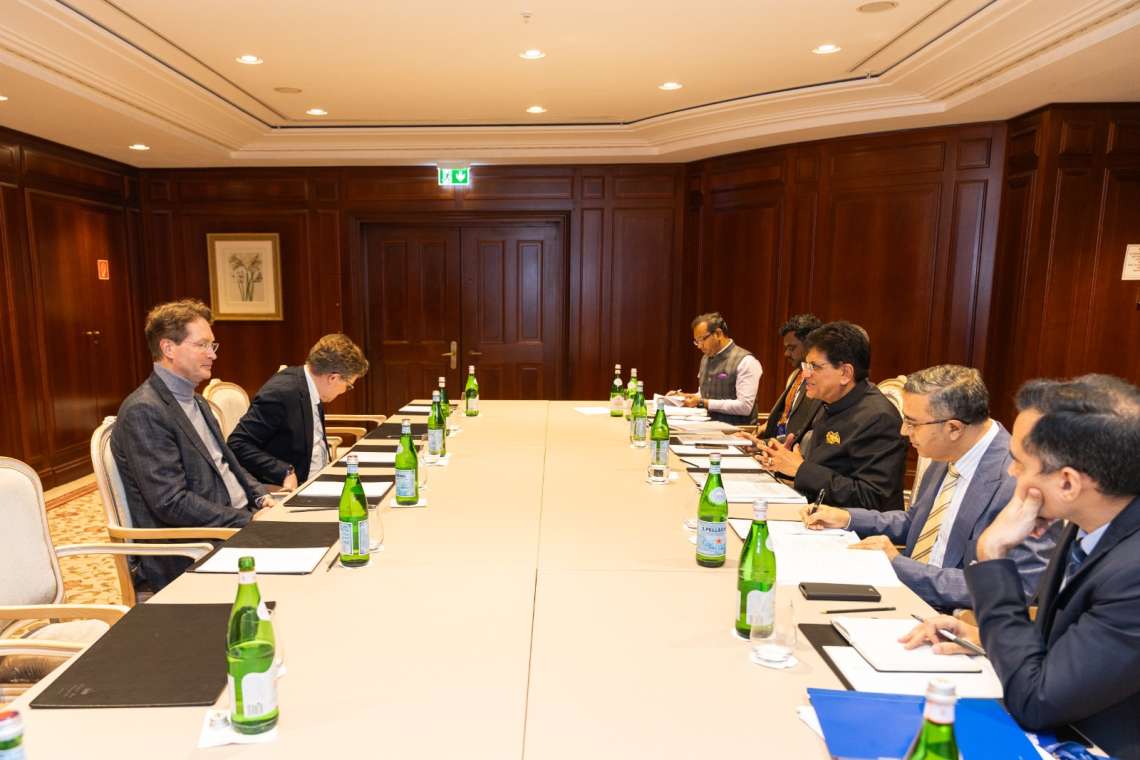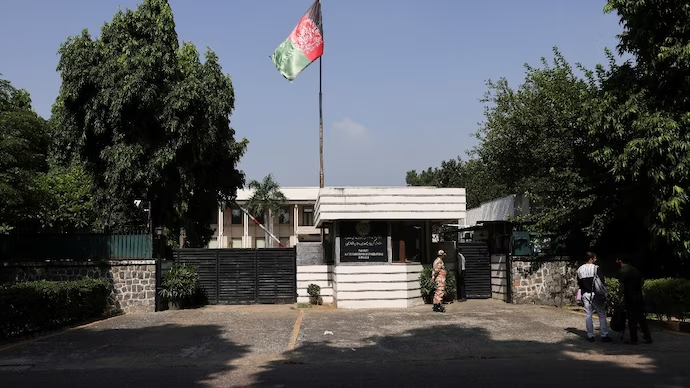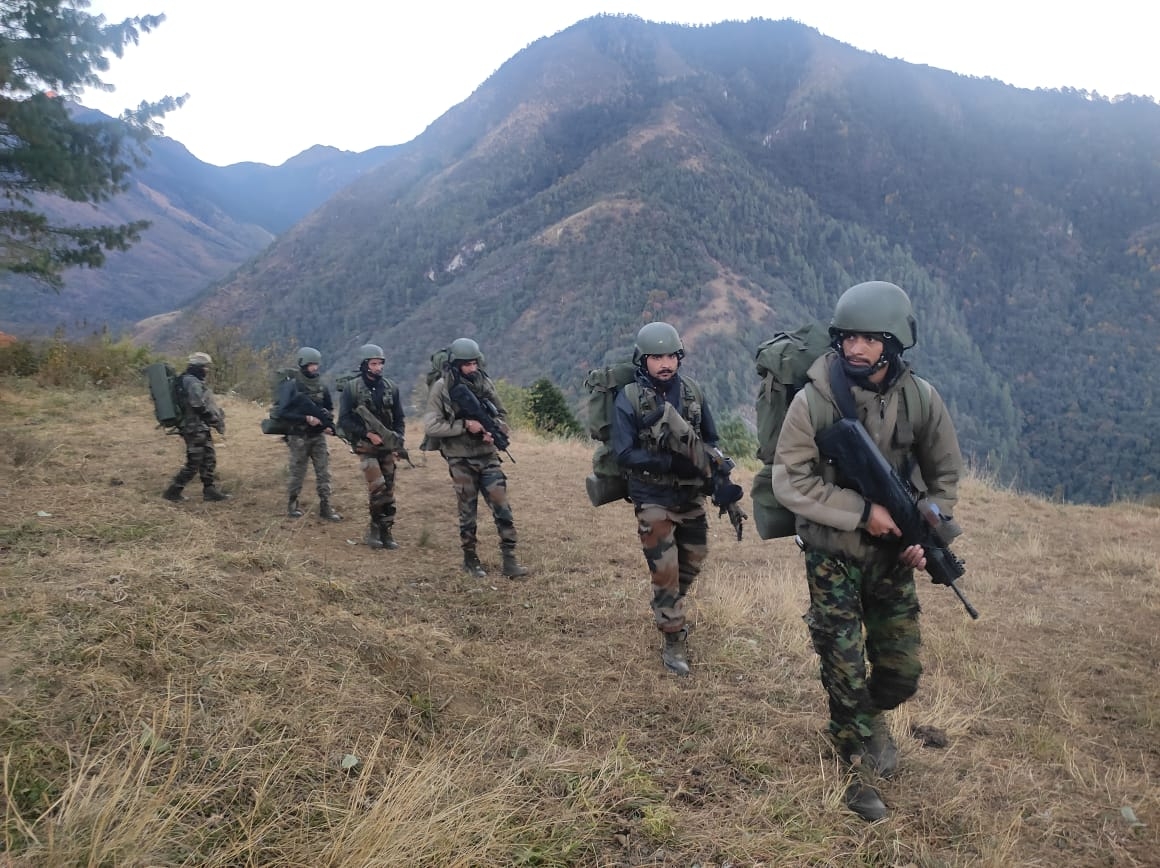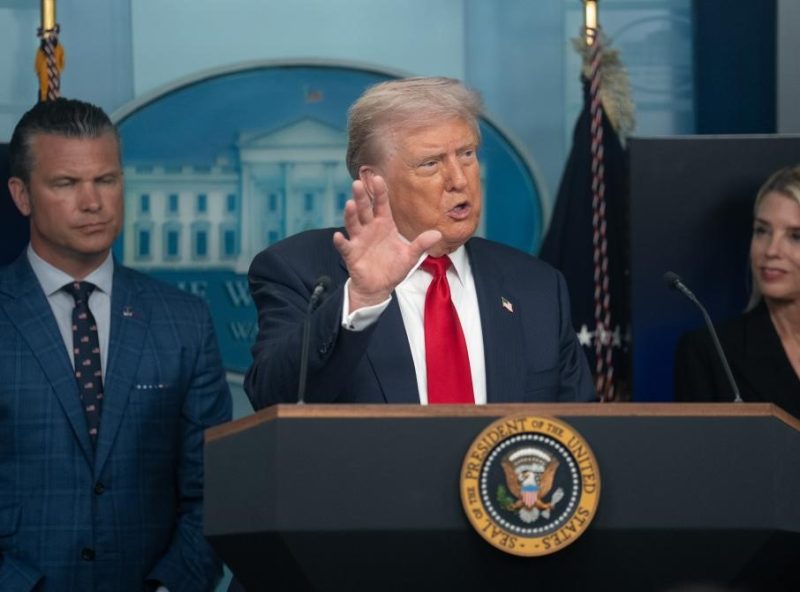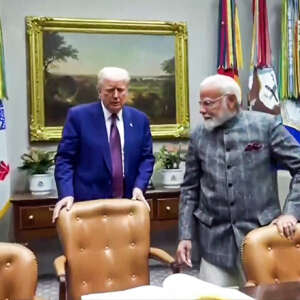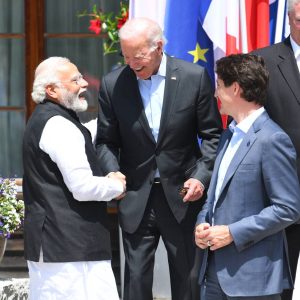Cities of Lahore and Multan have been blanketed by the dark haze which engulfed streets and blocked buildings from view….reports Asian Lite News
Thick, toxic smog clouds enveloping Pakistani city Lahore , which has been reeling under severe pollution can in now visible from space as per satellite imagery taken by US space agency NASA, Geo News reported.
Various cities in Pakistan, including major ones like Multan and Islamabad are battling the smog crisis.
Geo News reported that cities of Lahore and Multan have been blanketed by the dark haze which engulfed streets and blocked buildings from view.
According to the Swiss air quality technology company IQAir Lahore on Tuesday turned out to have the most polluted air in the world. At noon today the Air Quality Index (AQI) in Lahore stood at 429 with one locality showing real time AQI reading of 720.
The deteriorating air quality in Pakistan saw the UNICEF issuing a warning that the highly polluted air in Punjab is posing severe risks to people, including more than 11 million children under the age of five, Geo News observed.
It stated that hundreds of people, including dozens of children, have been hospitalised in hard-hit cities, and the pollution is so severe that it is visible from space.
“As smog continues to persist in Punjab province, I am extremely concerned about the well-being of young children who are forced to breathe polluted, toxic air,” Pakistan Unicef representative Abdullah Fadil said in a statement issued in Islamabad.
It is also important to note that the pollution has forced the authorities in Pakistan to close schools and public spaces because the smog threatens the health of tens of millions of people, Geo News noted.
Officials in Lahore have deemed this season as unprecedented even though major South Asian cities suffer with poisonous smog each year.
Experts stated that the severe pollution in Lahore can no longer be dismissed as seasonal, with hazardous smog persisting even in summer months, a sign of “systemic environmental mismanagement.”
The crisis stems not just from stubble burning but from uncontrolled vehicular emissions, outdated industrial practices, and ineffective environmental oversight. (ANI)
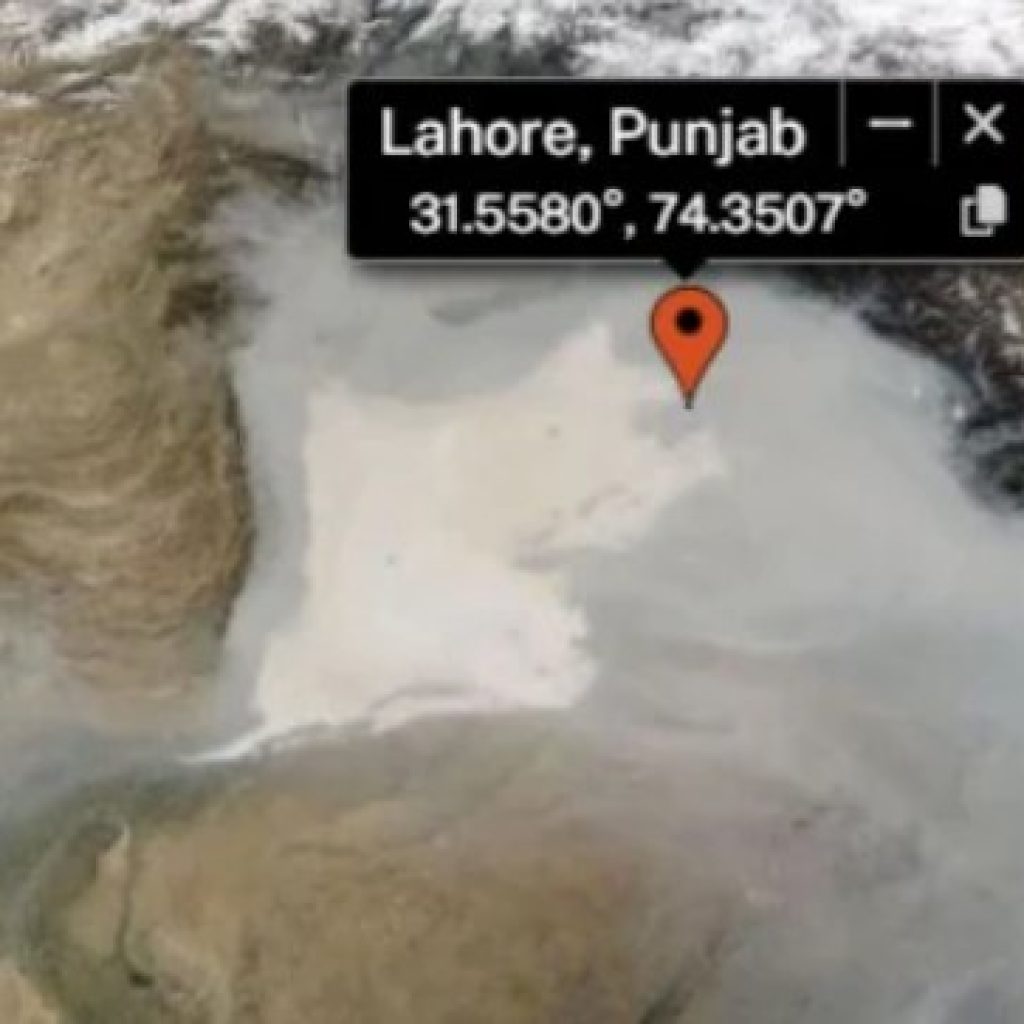
Experts urge Pak PM to intervene
Air quality experts in Pakistan have sounded the alarm over hazardous air pollution, particularly in Punjab, urging Prime Minister Shehbaz Sharif to take decisive action.
In a letter addressed to the premier, the Pakistan Air Quality Experts (PAQx) emphasised the critical public health risks posed by the current smog crisis and proposed immediate steps to mitigate its impact, Dawn reported.
Last month, air quality in Punjab was officially declared a “calamity.” As part of measures to reduce exposure, schools across major cities in the province have been closed until November 17, while the public has been prohibited from entering parks, zoos, playgrounds, and museums during the same period.
Abdullah Fadil, the United Nations Children’s Fund (UNICEF) representative in Pakistan, expressed grave concern about the smog’s impact, stating that more than 11 million children under five in the worst-affected districts of Punjab are currently exposed to dangerous air pollution levels.
In their letter, PAQx highlighted the severity of the situation, noting, “The severe decline in air quality across Punjab and other regions of Pakistan has reached hazardous levels, posing a critical public health risk that demands immediate and strategic action.”
The group, comprising 27 professionals in fields such as environmental science, public health, and law, acknowledged existing environmental legislation but stressed the need for solutions based on “scientific evidence and global best practices,” reported Dawn.
Among its recommendations, PAQx called for the immediate shutdown of brick kilns, identifying them as “one of the largest contributors to air pollution.” The letter stated, “A shutdown would immediately reduce emissions by 15 per cent.”
Additionally, the experts suggested restricting heavy transport between 10 pm and 10 am, which they claim would “provide an immediate reduction in harmful pollutants in urban areas by a further 15pc.”
The group also urged the government to shut down industrial units that fail to comply with environmental regulations, stating, “Industries that fail to comply with environmental standards should be shut down, significantly reducing air pollution levels in highly populated areas by 15pc.”
To ensure a sustainable future, PAQx proposed a 12-point plan, including aligning national standards with those of the World Health Organisation, establishing clean air zones in Lahore and the twin cities, and transitioning to clean energy, Dawn reported.
“These recommendations reflect a collaborative, science-based approach to tackling air pollution. We believe that their implementation will help Pakistan move toward a cleaner, healthier future,” the letter concluded. (ANI)
ALSO READ: Ishaq Dar calls on Trump admin to work for peace in West Asia
ALSO READ: Modi, Pezeshkian discuss Chabahar Port, West Asia conflict


